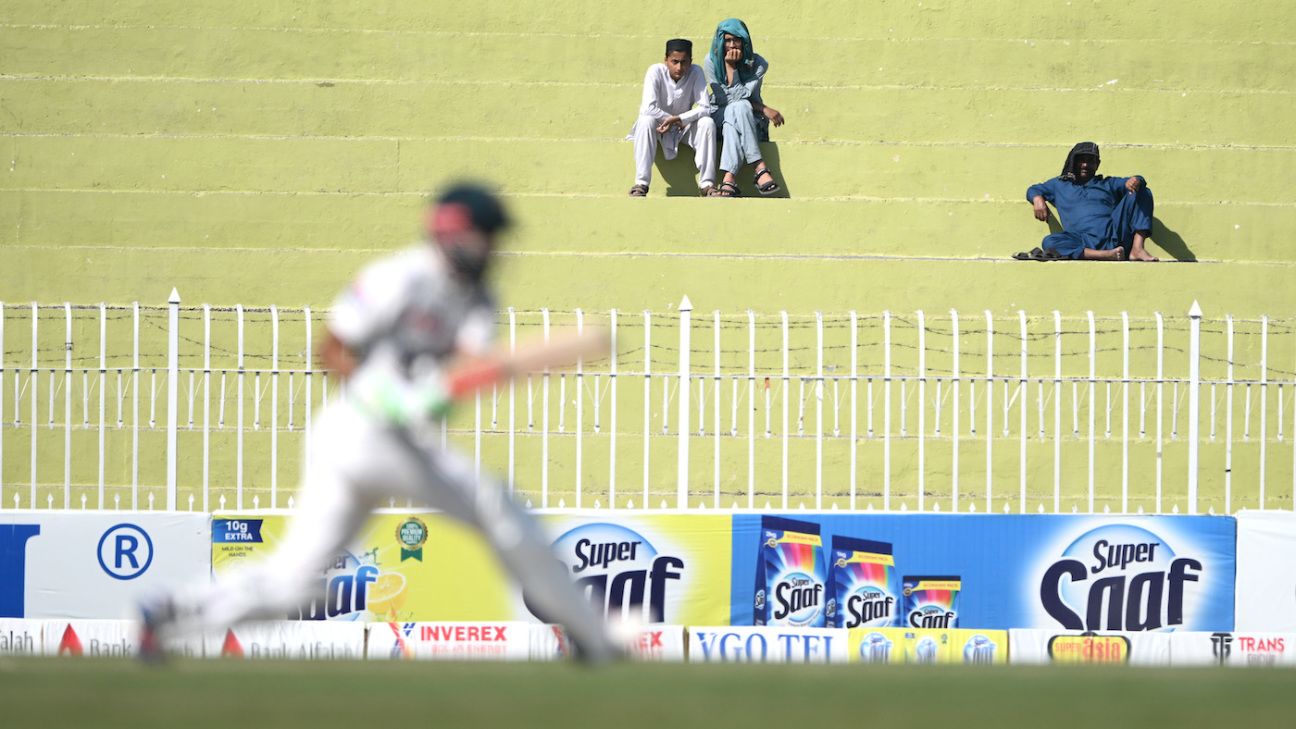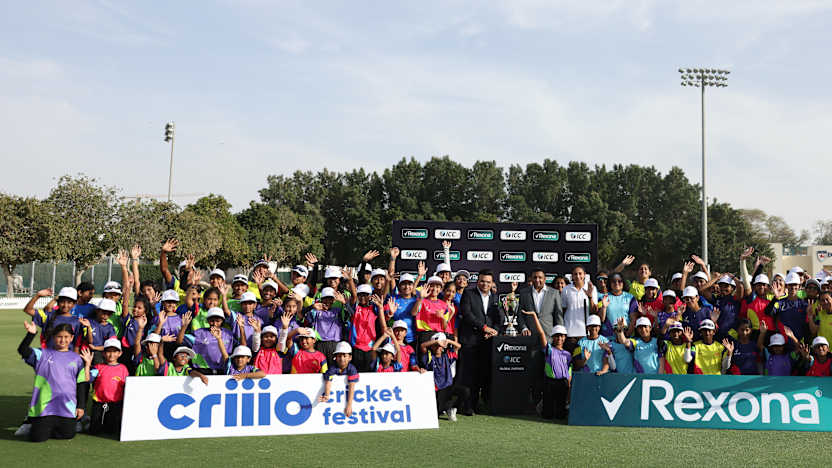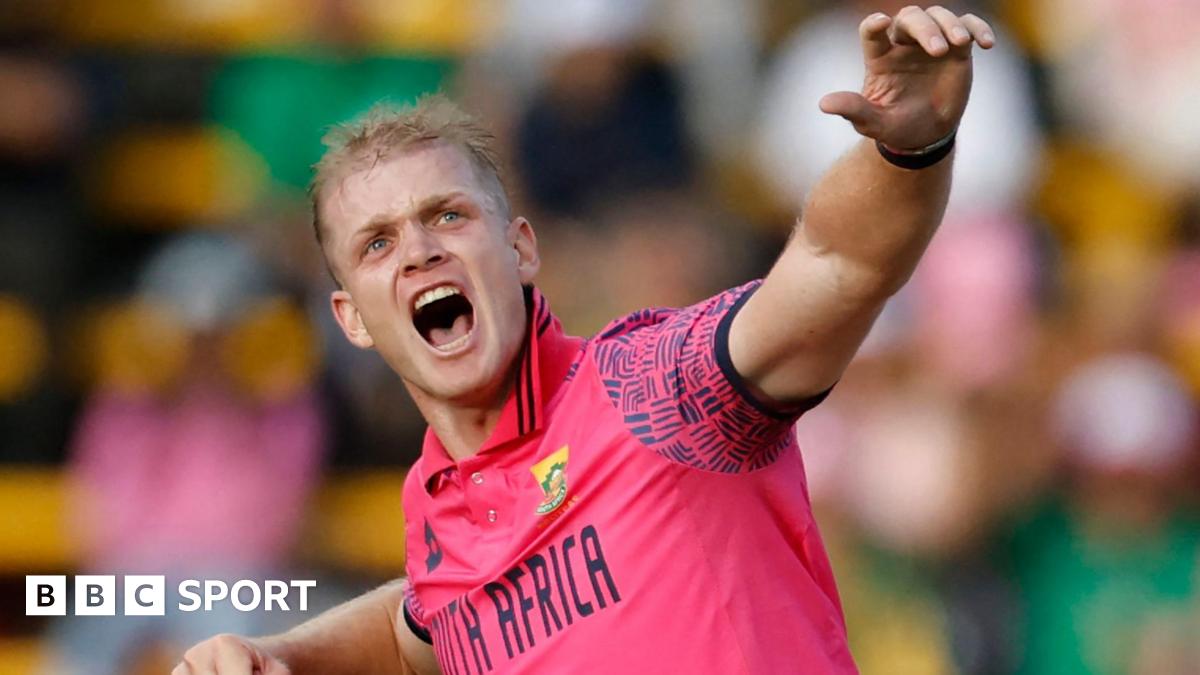Test cricket is in rude health no? Think again

If you’re a T20 fan raised on last-over finishes every other night, please don’t laugh. A several-month multi-series climax leading to a global trophy is about as great as Test fans have ever had it. For that, thanks are due to the World Test Championship. Whatever its flaws, in its third cycle at least, it has bloomed into a league in which no fewer than five teams are still in the hunt leading in to the final months.
But take a peek under the hood.
Sri Lanka, meanwhile, for all their board’s flaws, have always valued Test cricket. Their major problem is that their broadcasters tend to see Tests as such an inconvenience that home series are almost always two-Test affairs, and are increasingly played exclusively in Galle. It makes more financial sense for broadcasters to keep their rigging in place in one venue through a series, while it also makes cricketing sense for Sri Lanka Cricket to avoid giving matches to the P Saravanamuttu Oval, where the team has tended to lose in the past decade. Essentially you have a situation in which five of six home Tests in a WTC cycle will likely end up being played in Galle.
New Zealand, meanwhile, have a unique disadvantage: the sun rises too early there. Where Tests played in Bangladesh, Pakistan, Sri Lanka and South Africa may be consumed by the India market (it matters little what cricket is watched, it only matters how valuable the advertisements consumed are – this has long been the case), tests would have to go way past midnight in New Zealand to even break into Indian prime time. New Zealand, for now, are holding their own, playing as many as two three-Test series in this cycle. But in terms of Tests, their homecoming summer will feature only the three matches against England.
Of the non-WTC nations, Zimbabwe play sporadically, Ireland barely get an invite, and Afghanistan have no serious home venue.
As the graph above shows, the Big Three nations (India, England, Australia) have played more Tests than the others through this period. Sri Lanka have been a close fourth, but this is arguably largely due to SLC’s serious commitment to maintaining their Test programme. Sri Lanka is the only country that has hosted all three of Zimbabwe, Afghanistan and Ireland during this period. These are all loss-making series for SLC.
If we split the WTC league into the Big Three and the Next Six (South Africa, New Zealand, Sri Lanka, Pakistan, Bangladesh, West Indies), for the Next-Six boards generally, the only home series that provide serious earning opportunities are those against the Big Three. This is why three-Test series have become increasingly rare over the past two decades – boards would rather spend that time hosting limited-overs games.
The next graph makes that plain. England play the longest series, on average, but for both India and Australia, almost two thirds of their series have been three-Test (or longer) affairs. That number is less than half for every Next Six team.
If it is widely accepted that any sports league has to have some semblance of equality of opportunity about it. Equalising rules such as drafts or salary caps are imposed on many T20 leagues, but cricket has largely chosen to make peace with gargantuan imbalances in its oldest format. And if Test cricket is being allowed to wane naturally in the smaller nations, it is worth noting that many of those nations are propping up the red-ball game at considerable expense. South Africa, in particular, have felt the need to de-prioritise Test cricket in favour of their T20 league. It’s worth noting here, too, that no other league enjoys the de-facto hiatus that international cricket takes for the benefit of the IPL.
We may have a delicious few months of Test cricket ahead of us, for now, thanks in no small part to an epochal New Zealand win. But it is worth asking, how long before the vast commercial disparities begin to swallow the format?
Andrew Fidel Fernando is a senior writer at ESPNcricinfo. @afidelf
Related
‘Listen from one ear, ignore from the other’: Former India…
India's Rohit Sharma and Mohammed Shami (AP Photo) NEW DELHI: Former wicketkeeper-batter Syed Kirmani has expressed his opinion that experienced fast bowler Mo
India faces New Zealand in budding rivalry at Champions Trophy…
State AlabamaAlaskaArizonaArkansasCa
ICC and Unilever announce landmark partnership on International Women’s Day…
The two-year partnership, kicking off at this year’s Women’s Cricket World Cup in India and running until the end of 2027, marks the world cricket governing
IPL 2025: Mumbai Indians sign Corbin Bosch as replacement for…
Mumbai Indians have signed South Africa all-rounder Corbin Bosch as a replacement for his injured countryman Lizaad Williams for this year's Indian Premier Leag











